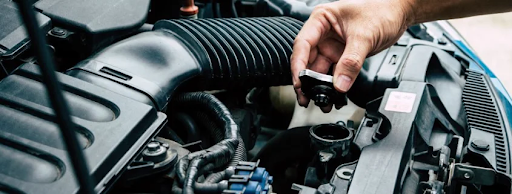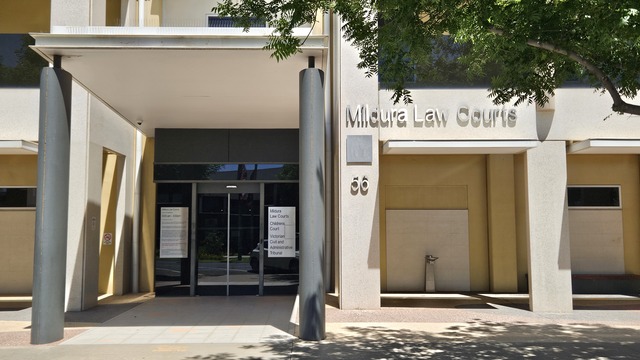Your car’s radiator plays a critical role in preventing engine overheating. Over time, coolant degrades and collects rust, dirt, and debris, which can clog the system and reduce efficiency. Regular radiator flushes help maintain your cooling system, but how often should you do it? The answer depends on your vehicle, driving habits, and manufacturer recommendations.
What is a Radiator Flush?
A radiator flush involves draining old coolant, removing contaminants, and refilling the system with fresh coolant. This process ensures proper cooling performance and prevents internal damage. Unlike a simple coolant top-up, a flush completely cleans the system, removing build-up that could lead to overheating or corrosion.
How Often Should You Flush Your Radiator?
Most car manufacturers recommend flushing the radiator every 50,000 to 100,000 kilometres. However, several factors can impact this frequency:
-
Driving conditions – Vehicles driven in extreme heat, cold, or heavy traffic may require more frequent flushes.
-
Coolant type – Some long-life coolants last longer, while traditional coolants need replacing more often.
-
Vehicle age – Older cars may develop rust or leaks, requiring more frequent maintenance.
Checking your owner’s manual will give the best guidance on when to flush your radiator based on your car’s specifications.
Signs That Your Radiator Needs Flushing
If you notice any of the following issues, a radiator flush may be necessary sooner than scheduled:
-
Overheating engine – If your car frequently overheats, it could be due to coolant blockages.
-
Dirty or discoloured coolant – If coolant appears rusty or brown instead of bright green, red, or orange, contaminants are present.
-
Coolant leaks – Puddles under your car may indicate a leak in the radiator or hoses.
-
A burning smell – Overheating coolant can produce a distinctive odour.
-
Steam from the bonnet – If you see steam while driving, stop immediately to prevent engine damage.
Why Flushing Your Radiator is Important
A well-maintained radiator prevents costly repairs. Regular flushing:
-
Removes rust, dirt, and deposits that can clog the system
-
Ensures optimal cooling system efficiency
-
Prevents corrosion and extends the lifespan of the radiator and water pump
-
Helps maintain proper engine temperature, reducing wear and tear
Get a Professional Radiator Flush
While some car owners attempt DIY coolant changes, a professional radiator repairs service ensures the system is flushed thoroughly. Mechanics can also check for leaks, inspect hoses, and ensure the right coolant mix is used.
By staying on top of radiator maintenance, you can prevent overheating, improve performance, and extend your car’s lifespan.

















